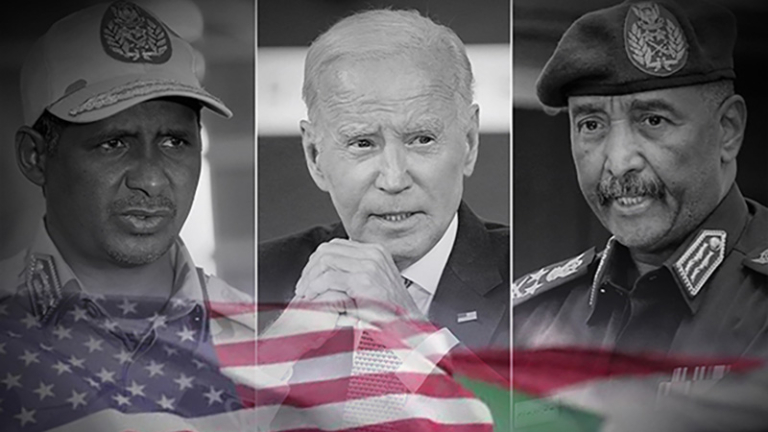 The United States has accused Russia of playing a dual role in the ongoing war in Sudan by allegedly funding both the Sudanese Armed Forces (SAF) and the paramilitary Rapid Support Forces (RSF), fueling the conflict that has devastated the nation. According to U.S. officials, Russia’s involvement has extended beyond providing arms, as it is believed to be facilitating financial support to both factions, exacerbating the humanitarian crisis.
The United States has accused Russia of playing a dual role in the ongoing war in Sudan by allegedly funding both the Sudanese Armed Forces (SAF) and the paramilitary Rapid Support Forces (RSF), fueling the conflict that has devastated the nation. According to U.S. officials, Russia’s involvement has extended beyond providing arms, as it is believed to be facilitating financial support to both factions, exacerbating the humanitarian crisis.
The Sudanese war, which began in April 2023, has already claimed thousands of lives and displaced millions. The conflict has divided the country between the SAF, led by General Abdel Fattah al-Burhan, and the RSF, commanded by General Mohamed Hamdan Dagalo, also known as Hemeti. The power struggle between the two leaders has turned Sudan into a battleground, with both sides engaging in brutal fighting for control.
The U.S. claims that Russia’s involvement is part of a broader strategy to increase its influence in Africa, where it has been expanding its presence in recent years. Moscow has been linked to several African regimes, often providing military assistance in exchange for economic and strategic benefits, including access to resources like gold and oil.
The U.S. government has pointed to the presence of Wagner Group mercenaries in Sudan, a Russian paramilitary organization known for operating in conflict zones across Africa. Wagner’s activities in Sudan have reportedly included providing training and logistical support to the RSF. At the same time, Russian entities are believed to have made deals with the Sudanese government to exploit the country’s natural resources, including gold mines, with proceeds helping finance the war effort on both sides.
The U.S. State Department has condemned Russia’s actions, calling it an attempt to destabilize Sudan further while pursuing its own geopolitical interests. Washington has imposed sanctions on individuals and entities associated with Russia’s role in the conflict, but it remains unclear how effective these measures will be in curbing Russian influence.
Humanitarian organizations have warned that Russia’s involvement is only deepening the suffering in Sudan, where millions of people are in desperate need of aid. The war has disrupted food supplies, healthcare services, and displaced families across the country.
As the situation continues to deteriorate, the U.S. has urged the international community to hold Russia accountable for its actions in Sudan, while also calling for a ceasefire and renewed efforts toward peace talks. However, with both sides heavily reliant on foreign support, including from Russia, finding a resolution remains an elusive goal.

